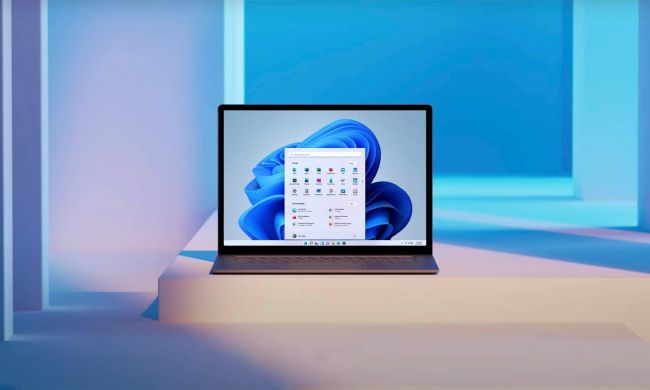The organizing committee for the Tokyo 2020 Olympics officially unveiled its Olympic medal designs this week. While on the surface they might look like any other medal, these will be made from something a little different: recycled electronics.
In April 2017 the Tokyo 2020 organizing committee launched a campaign to collect old electronics from the public for the project. The metals for the medals were then harvested from those donated electronics. Many electronics, especially cell phones, contain small amounts of precious metals like silver, gold, and platinum.
Earlier this year the Olympic Committee announced they were on track to complete the project as planned. All told, it collected over 47,488 tons of discarded devices, and over 5 million used cell phones. Ultimately it was able to extract 32kg (70.5 pounds) of gold, 3,500kg (7,716 pounds) of silver, and 2,200kg (4,850 pounds) of bronze from the devices it collected.
The targeted amount of bronze — some 2,700kg — was already extracted from the donations by June of last year. By October 2018, 28.4kg of gold (93.7% of the targeted 30.3kg) and 3,500kg of silver (85.4% of the targeted 4,100kg) had been sourced from the donated devices.
Donated devices ran the gamut. The collection included smartphones, digital cameras, handheld gaming consoles, and laptops, among other electronic devices. The devices were collected across about 2,400 NTT DOCOMO stores in Japan as well as 1,594 municipal authorities across Japan.
“The project has offered the public an opportunity to play an important role in the Games’ preparations,” stated February’s announcement that the group’s collection efforts had been met. The Olympic Committee says that beyond helping them build the medals, the collection draws attention to the importance of sustainability, which is also the slogan for the Olympics in 2020: “Be better, together — for the planet and the people.”
Previous Olympic medals have used recycled materials in their contraction, but Tokyo claims that 2020 will be the first Olympics where the gold medals will be made using entirely recovered metal.
“Tokyo 2020 Olympic and Paralympic medals will be made out of people’s thoughts and appreciation for avoiding waste. I think there is an important message in this for future generations,” Japan’s three-time Olympic gold medal-winning gymnast Kohei Uchimura said in 2017 when the recycling plan was first introduced.
The Tokyo 2020 Olympic medals will each be 85mm in diameter and measure 7.7mm at their thinnest and 12.mm at their thickest parts.
The medals aren’t made entirely out of their respective precious metal and are instead plated in it. The gold medal, for instance, uses 6 grams of gold plating to get their gold coloring.
The Tokyo 2020 Olympics kick off in roughly a year, on July 24 and run through August 9, 2020.



